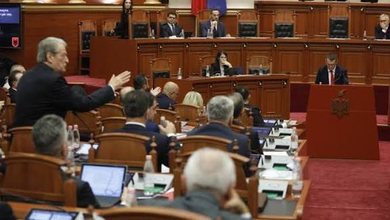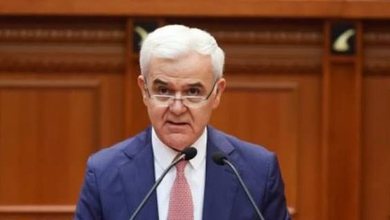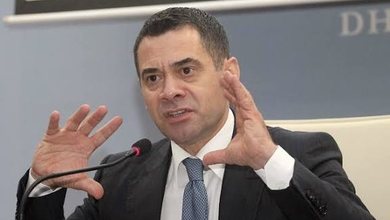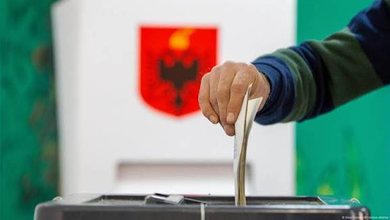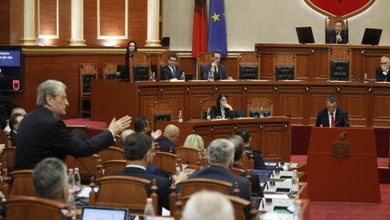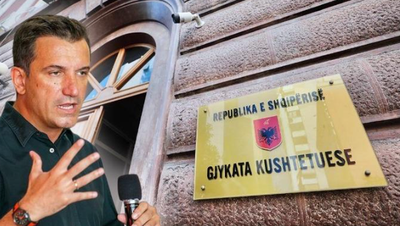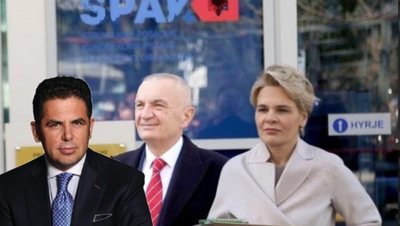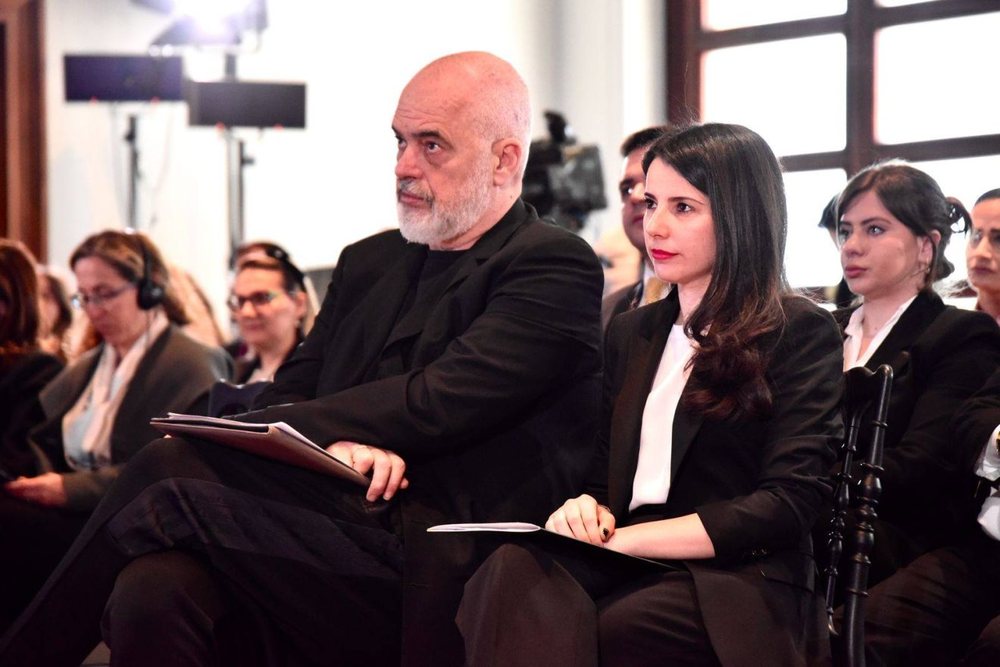
The Albanian government has released for public consultation a draft law that aims to legalize lobbying in Albania and create a registry of lobbyists. The draft law is the product of a working group established by order of Prime Minister Edi Rama in July of this year and the draft was proposed by the Minister of State for Public Administration and Anti-Corruption, Adea Pirdeni.
The draft contains 32 articles and provides for the Commissioner for the Right to Information and Personal Data Protection as the institution responsible for the register of lobbyists and related activities.
The accompanying report promises transparency and accountability. But the law itself proposes to conceal data essential to transparency, including lobbyists’ earnings and expenses. Article 11 of the draft provides, among other things, that while the names of the lobbyist and the lobbyist are published, “copies of lobbying contracts, including the period and remuneration” as well as “periodic statements on the budget and amounts spent on lobbying” are kept secret.
“The data provided for in point 3 of this article may be used by the KDIMDP only for the purposes of verification, control, statistical reporting or institutional cooperation, in accordance with the legislation on the protection of personal data and trade secrets,” the same article states.
The report claims that the draft is in line with European Union standards, but the latter requires clear reporting of lobbying expenses and benefits. Similarly, the US publishes full financial data and lobbyists' contracts with third parties.
The report does not provide an explanation for the choice of the Commissioner as the institution for managing lobbying and the lobbyist register, nor for the capacities that will need to be built. Meanwhile, in EU member states such as Germany or the United States of America, lobbying control is carried out by legislators themselves.
The European Union has a special Secretariat between the Parliament and the European Commission, in the US lobbyists report and register in special offices in the Congress and Senate, and the Bundestag controls lobbying in Germany. Other countries have entrusted this process to special institutions specialized in combating corruption.
The law also provides for a minimum term for former officials who, after leaving office, engage in lobbying. According to the draft, they are prohibited from lobbying for two years only in areas of responsibility and subordinate institutions.
Beyond this, the report is contradictory. It states that “This document marks one of the entry points of the “Fundamentals” chapter group in the framework of negotiations for Albania's membership in the European Union”, but at the same time that “this draft law does not aim at approximation with the acquis”.
Lobbying is defined as an organized effort by interest groups, such as businesses, unions, or NGOs, to influence and persuade government officials or legislators on certain issues. The goal is to ensure that policy decisions and new laws are in favor of their specific cause or interests.
In Albania, there have been no regulations in this area so far, however reports by international organizations and investigations have found a number of cases of so-called tailor-made laws./Reporter.al






